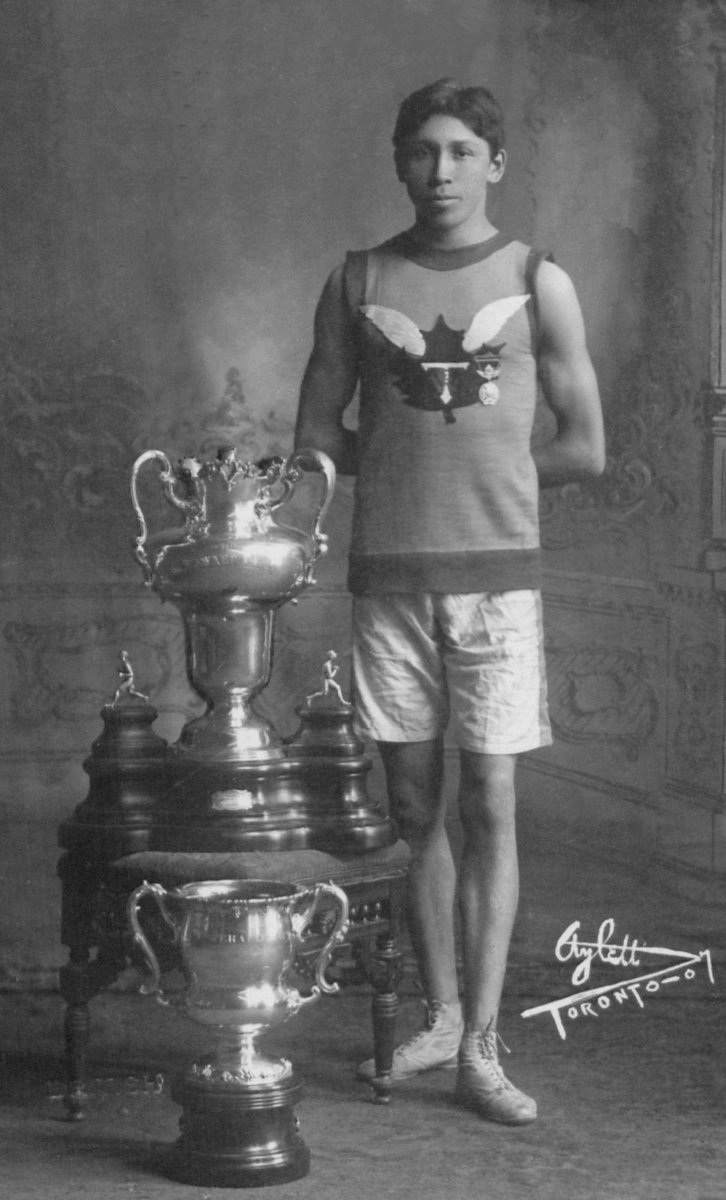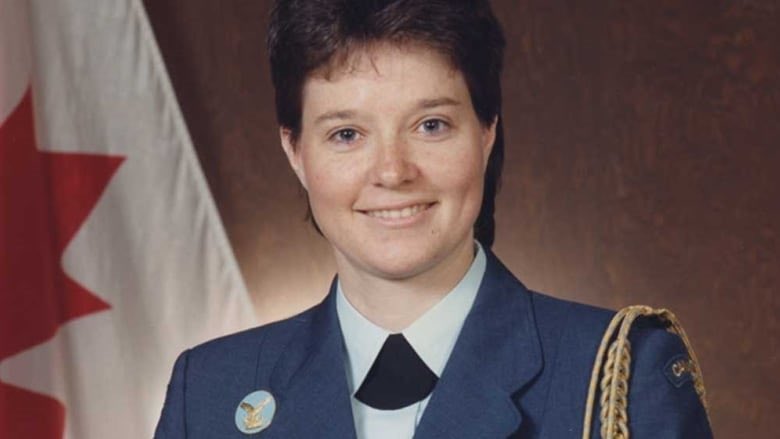
During the Siege of Québec, William Brown made Joe stand watch for him.
When Joe tried to escape, Brown posted ads like this one. Jailed six times and flogged twice, Joe never stopped fighting for his freedom.
William Brown enslaved Joe in Canada.
When Joe tried to escape, Brown posted ads like this one. Jailed six times and flogged twice, Joe never stopped fighting for his freedom.
William Brown enslaved Joe in Canada.

"Slave owning was widespread... People who enslaved Black persons included government and military officials, disbanded soldiers, Loyalists, merchants, fur traders, tavern and hotel keepers, millers, tradesmen, bishops, priests and nuns."
thecanadianencyclopedia.ca/en/article/bla…
thecanadianencyclopedia.ca/en/article/bla…
August 1 is Emancipation Day back in Canada. On this day 187 years ago, the Slavery Abolition Act came into effect.
But racism, discrimination, and intolerance remained. It remains still.
But racism, discrimination, and intolerance remained. It remains still.
He left Virginia to study in Canada and stood with the Black Battalion during the First World War.
He thought their sacrifices would improve the fortunes of Blacks at home. But they returned to face the same discrimination.
Remember Rev. Capt. William White.
He thought their sacrifices would improve the fortunes of Blacks at home. But they returned to face the same discrimination.
Remember Rev. Capt. William White.

He was 59 at Vimy Ridge when he single-handedly forced the surrender of an enemy position.
But the Canadian military denied him the Distinguished Conduct Medal. They recognized his bravery 60 years after he died. 60 years after he died.
Remember Private Jeremiah Jones.
But the Canadian military denied him the Distinguished Conduct Medal. They recognized his bravery 60 years after he died. 60 years after he died.
Remember Private Jeremiah Jones.

After leaving New Orleans to study in Québec, he served in France during the First World War.
He helped establish a legion for Black veterans because they were not welcome at other legions. They were not welcome at other legions.
See Dr. Dominique Gaspard.
He helped establish a legion for Black veterans because they were not welcome at other legions. They were not welcome at other legions.
See Dr. Dominique Gaspard.

He left a laundry in Harlem to stare down racism in the Air Force in Canada.
He reported it, but they turned a blind eye. He overcame their blind eyes. Member of Parliament. Lieutenant Governor of Ontario.
Please remember Lincoln Alexander.
He reported it, but they turned a blind eye. He overcame their blind eyes. Member of Parliament. Lieutenant Governor of Ontario.
Please remember Lincoln Alexander.

“No, sorry, we don’t take you people.”
It's World War II. You're willing to risk everything for your country. How would you feel? What would you say? What would you do?
He kept going back until he found an ally. Veteran. Lawyer. Politician.
See Leonard Braithwaite.
It's World War II. You're willing to risk everything for your country. How would you feel? What would you say? What would you do?
He kept going back until he found an ally. Veteran. Lawyer. Politician.
See Leonard Braithwaite.

Conscripted into the Canadian Army, he was bothered that Canada was fighting for democracy, but not treating all Canadians equally, including those pressed into uniform.
He served, returned, and devoted his life to fighting racism.
Remember Stanley Grizzle.
He served, returned, and devoted his life to fighting racism.
Remember Stanley Grizzle.

@kathylvorg How do you feel when you're singled out? What do you say when they other you?
Course mate: “How do you feel being the only Black guy in the school?"
Him: "As good as any and better than most!"
Remember Major Stephen Blizzard.
Course mate: “How do you feel being the only Black guy in the school?"
Him: "As good as any and better than most!"
Remember Major Stephen Blizzard.

@kathylvorg She emigrated to Canada from Jamaica when she was 17. She tried to join, but they said she didn't have military potential. She persisted.
“The greatest challenge I encountered as a military member was a lack of peer support." A lack of peer support.
See Sergeant Joan Buchanan.
“The greatest challenge I encountered as a military member was a lack of peer support." A lack of peer support.
See Sergeant Joan Buchanan.

📸: @kathylvorg
• • •
Missing some Tweet in this thread? You can try to
force a refresh















